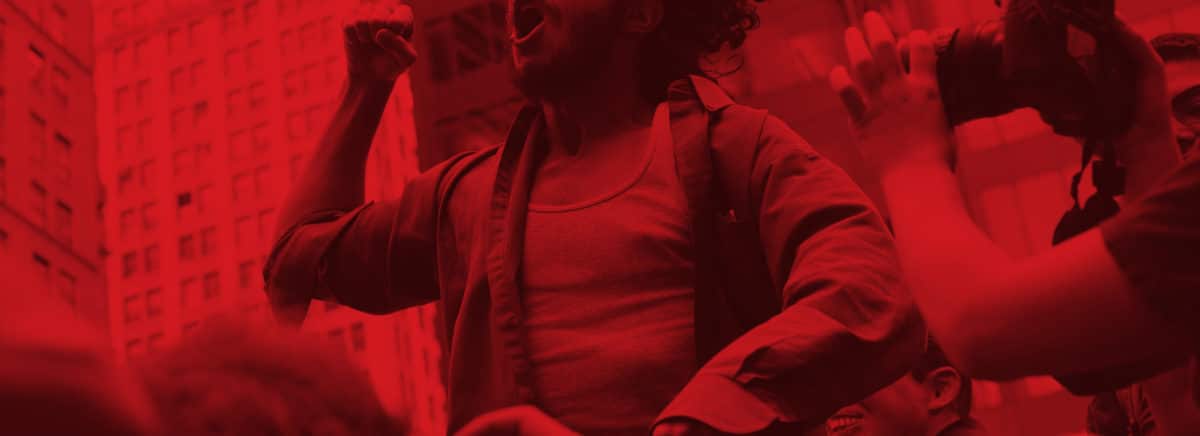Today, several news outlets reported an internet shutdown in Congo-Brazzaville, where thousands of people are protesting after news surfaced that President Sassou Nguesso is contemplating a proposal to extend presidential term limits. While it’s not clear yet what’s happening in Congo-Brazzaville, we’re very concerned about the safety and security of the people protesting. Internet shutdowns do not restore order, help victims, or protect rights.
According to Vice and Reuters, mobile internet and SMS services were cut off even before the protests began, and at least four protesters were killed. The tech firm Dyn confirmed that a shutdown for the service provider Congotel began Tuesday at 7:04 a.m. (UTC).
It was not just Congotel subscribers who lost access. Since the company provides fixed-line services that connect Congo to global networks, the shutdown also likely impacted mobile carriers such as Vodacom. On Tuesday, a government official said that the shutdown was due to high demand for internet and phone services.
Congo-Brazzaville is the lesser known neighbor of the Democratic Republic of the Congo, where another shutdown took place in January. (Their state capitals are in fact located right across the Congo River.) After a prolonged civil war that concluded in 1997, the country has been largely been peaceful, but sporadic fighting has broken out in the oil-producing region of Pointe Noire. President Sassou Nguesso has been serving as president, off and on, since 1979. He was scheduled to step down before rumors began to circulate that he would attempt to extend the presidential term.
The rise of internet shutdowns is a threat to human rights that has been recognized at the United Nations. This summer, experts at the U.N. issued an historic statement declaring that internet “kill switches” can never be justified under international human rights law, even in times of conflict. This means that whether they take place in Congo-Brazzaville or Baltimore, shutdowns to quell protests or silence dissidents are not just ineffective, they are a clear violation of our fundamental rights. Yet states such as China have still proposed draft regulations that would codify the use of shutdowns in law.
Safety is also a deep concern. Shutdowns plunge whole societies into darkness. Rather than restoring order, they cut off access to vital information and send more people into the streets — as the situation in Congo-Brazzaville attests.
Worse, shutdowns often precede other human rights violations. And if a government cracks down on protesters and dissidents, shutdowns can make it harder for journalists to report on those violations. This can strand people who are in need of emergency help because no one knows what’s going on.
We hope to see the situation in Congo-Brazzaville resolve peacefully, and without leaving people stranded or worse. We encourage you to contact us if you or anyone you know is affected by this disruption, and to check back for updates or follow us on Twitter or on Facebook.
